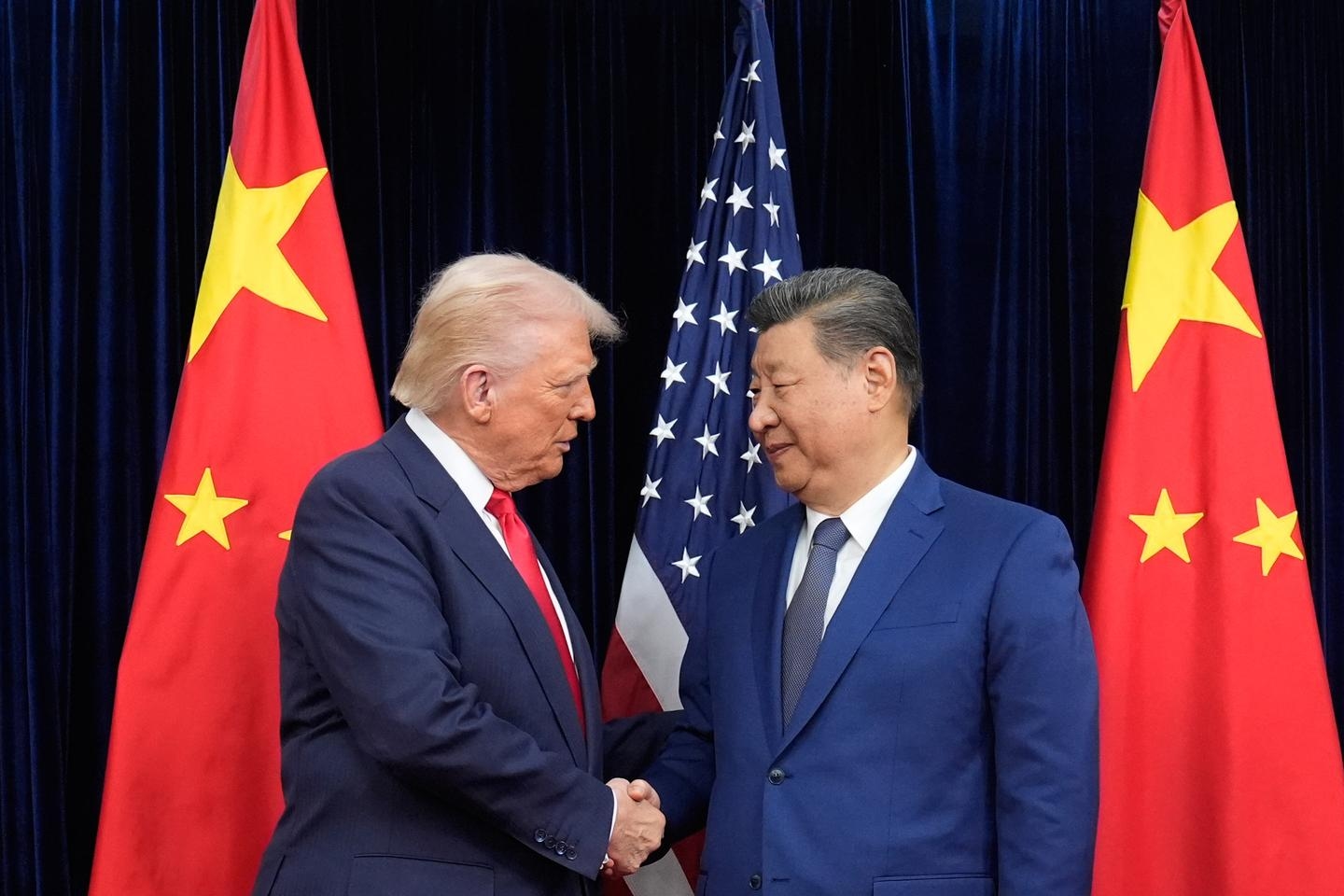General Motors is now laying off workers en masse, due to weak demand and the end of subsidies for electric vehicles.

The trend of workforce reductions in major American companies is spreading. Just days after Amazon announced job cuts, General Motors (GM) unveiled on Wednesday a plan to eliminate several thousand jobs in its electric vehicle division, primarily in Michigan, Tennessee, and Ohio.
The automaker plans to lay off approximately 1,200 employees at its electric vehicle plant near Detroit, as well as 550 job cuts at its Ultium Cells battery facility in northern Ohio. Simultaneously, 850 employees at that same plant will be temporarily laid off, along with an additional 700 employees in Tennessee.
"Faced with a slowdown in the adoption of electric vehicles in the short term and a constantly evolving regulatory environment, General Motors is reorganizing its production capabilities," the company explained, while nevertheless reaffirming "its commitment to its industrial presence in the United States."
Ultium's subsidiary specified that battery cell production at its Warren (Ohio) and Spring Hill (Tennessee) sites would be temporarily suspended starting in January 2026, a pause expected to last until mid-2026. Affected employees will continue to receive a substantial portion of their compensation and benefits during this period.
This refocusing comes as US demand for electric vehicles is declining sharply. The Trump administration's elimination of the $7,500 federal tax credit for electric vehicle purchases has hurt sales, as has the relaxation of emissions standards. These changes in strategy have already cost GM $1.6 billion this fall as part of its EV program.
Other players in the sector are feeling the backlash: Ford has postponed some of its electric projects and Tesla, the market leader, has warned that the next few quarters will be "difficult" after a sharp slowdown in sales.
GM insists it wants to reopen production at the two Ultium sites in the summer of 2026. But in the meantime, the wave of layoffs illustrates the fragility of an electrical industry shaken both by political signals from Washington and by the now hesitant appetite of American consumers.
Le Parisien





